English
Early Reading and Phonics
At Linthorpe Community Primary school, we believe it is imperative to our children’s lives that they can not only read, but that they become readers. As such, we aim to start their reading journeys with a passion and enthusiasm for stories and books; alongside building their confidence in de-coding and reading for themselves. We hope to ignite a love of reading at this early stage in their lives, that they will carry with them forever.
A strong start
- Prioritise high-quality adult-child interactions, including frequent back and forth conversations
- Provide activities that develop listening and attention, including oral blending
- Teach through a balance of child-led and adult-led experiences
- Deliver our curriculum through the use of carefully selected stories, songs and rhymes
- Share high-quality stories every day
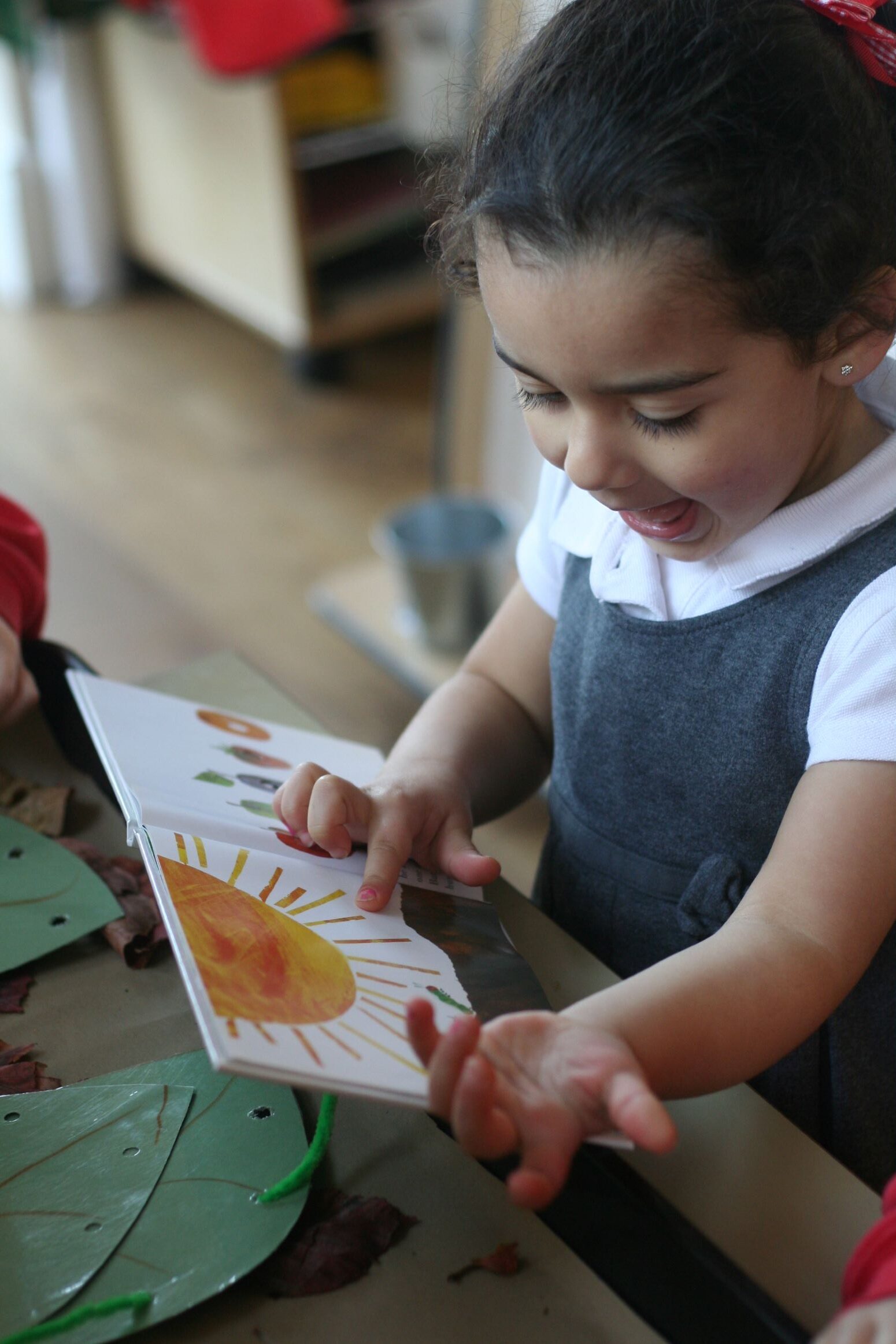
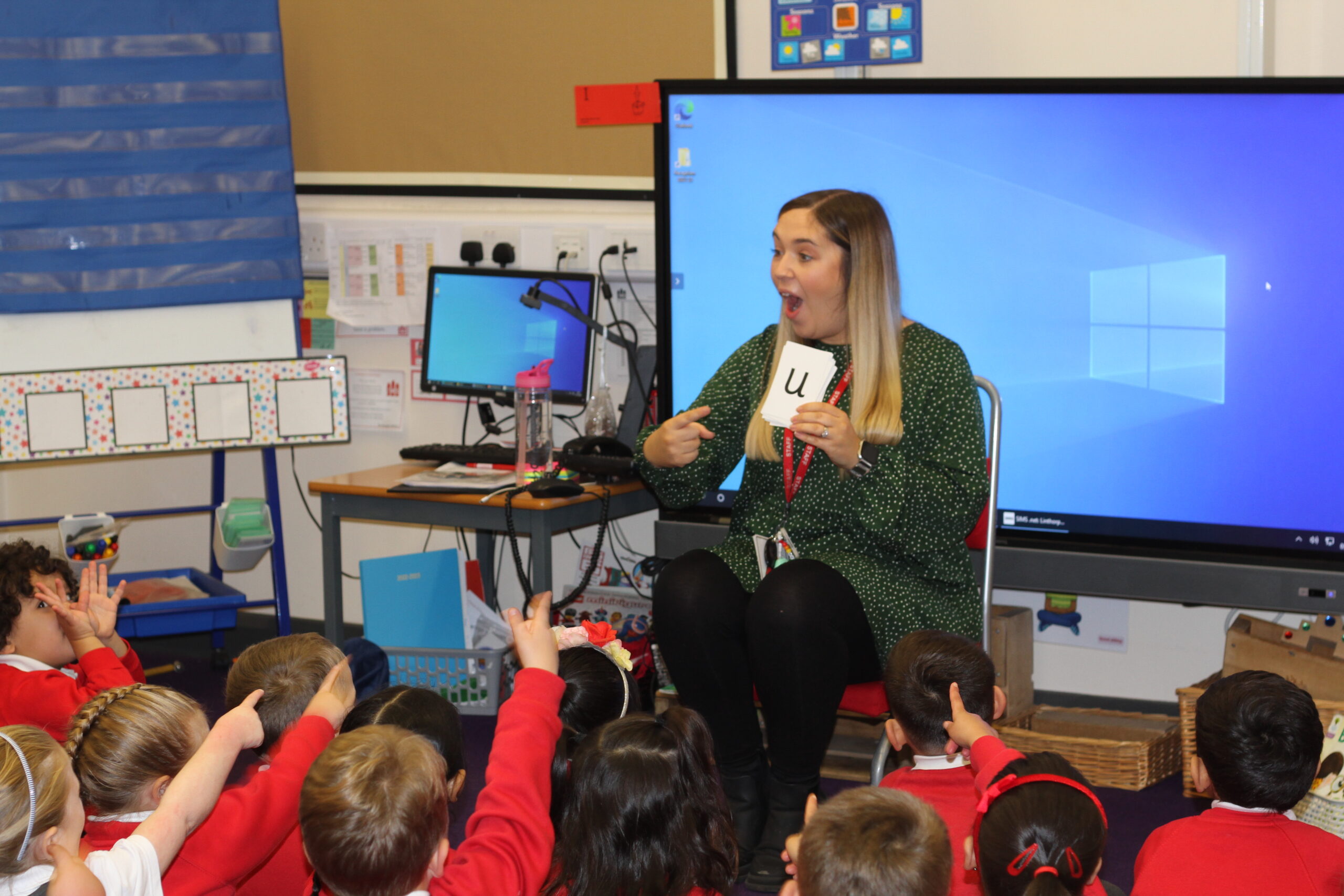
The teaching of high-quality phonics
Children take part in daily RWI phonics sessions. During the lessons children will:
- Learn 44 sounds and the corresponding letter/letter groups using simple picture prompts
- Learn to read words using sound blending known as Fred Talk
- Read green and red words
- Read lively stories featuring the words that they have learnt to sound out
- Show that they comprehend the stories by answering questions
- Write the letters/letter groups which represent the 44 sounds
- Write words by saying sounds in Fred Talk
- Write simple sentences
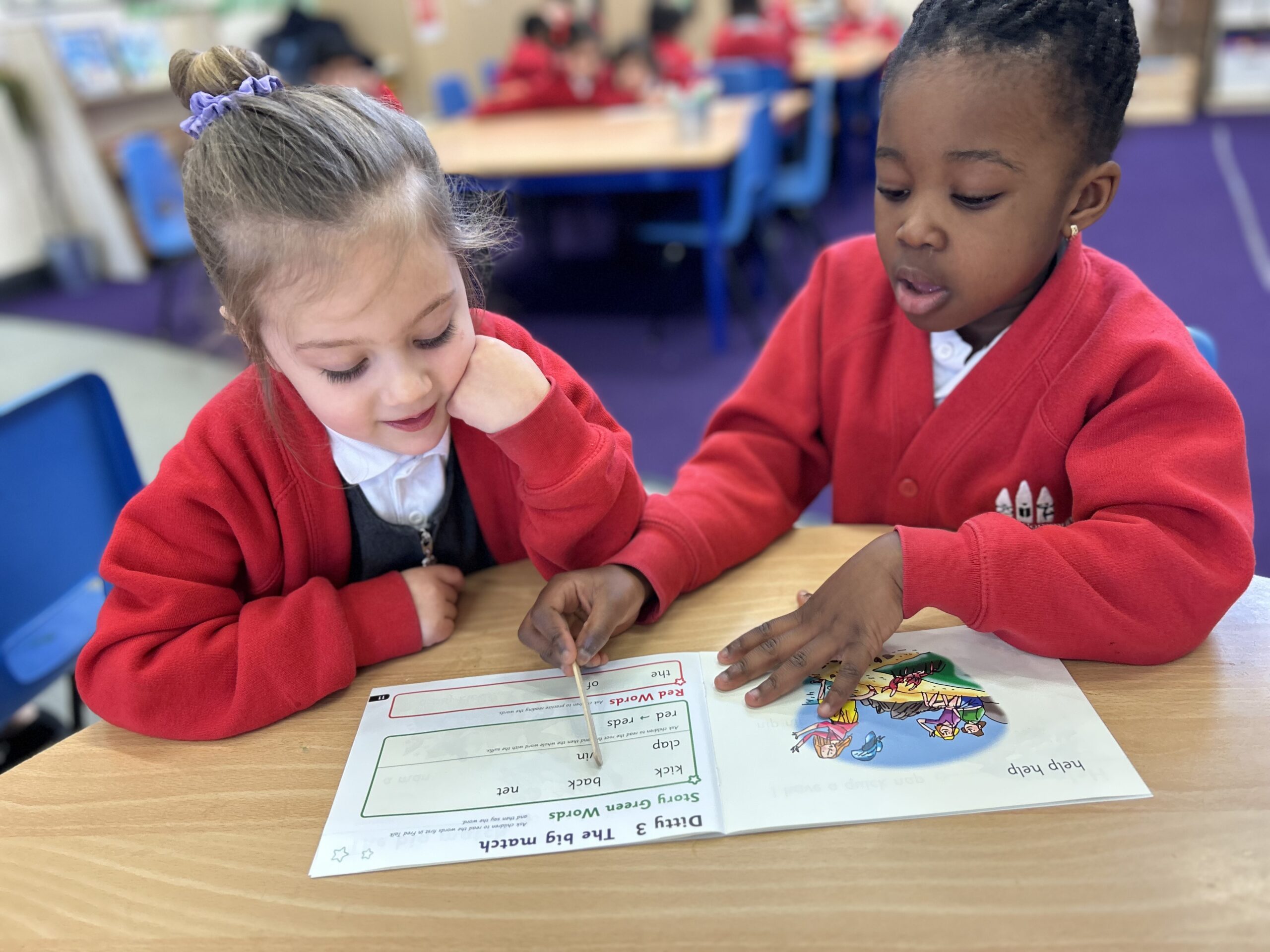
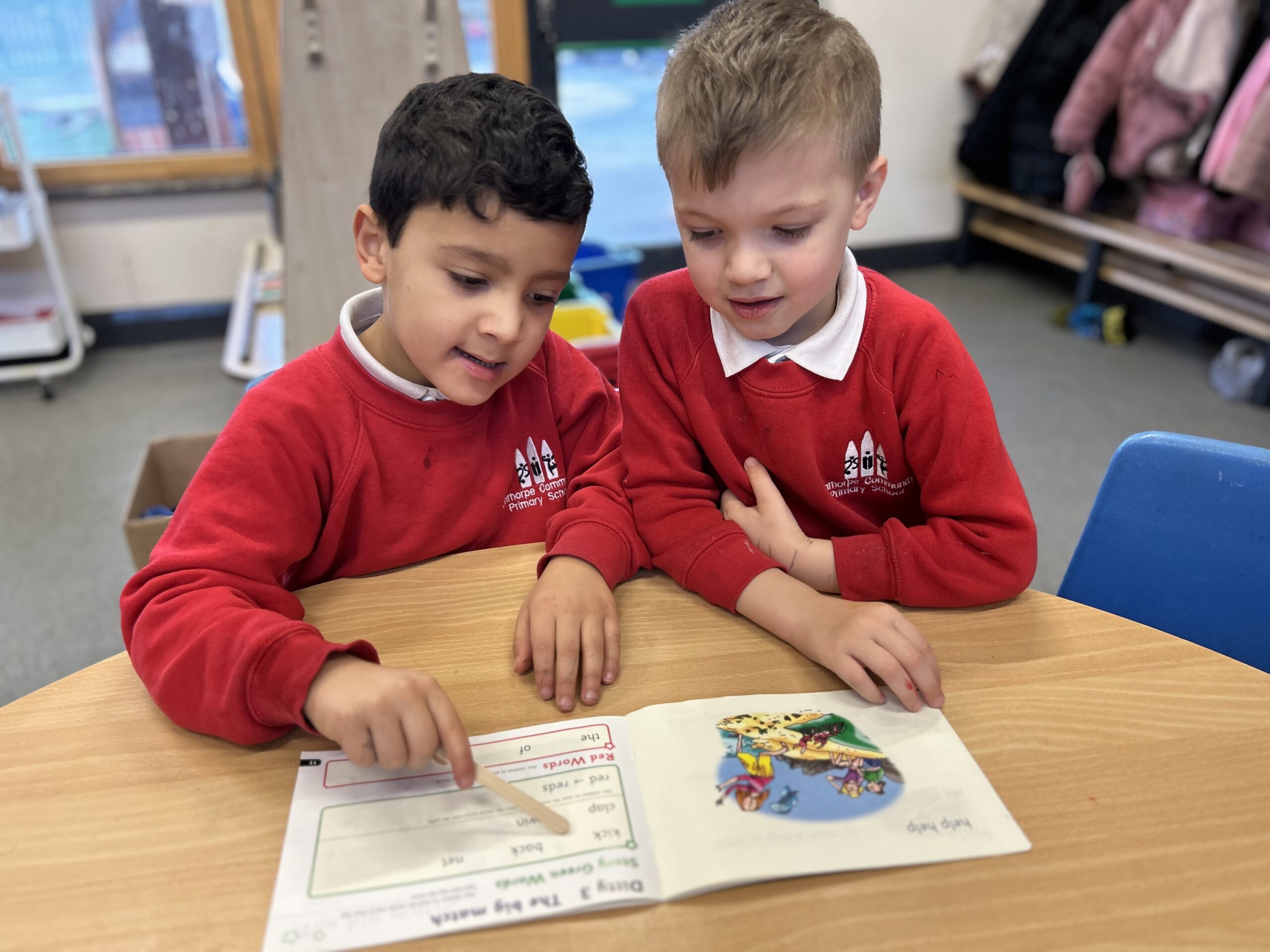
Teaching principles
- PACE – no time is wasted during teaching sessions! Children are active and involved.
- PRAISE – teachers praise the children throughout the teaching sessions. Children learn more quickly when they are praised for what they do well.
- PURPOSE – each activity has a very clear purpose so that the children know exactly what they will be learning.
- PARTICIPATION – all children take part in all parts of the lesson. Full participation is gained through partner work and choral response.
- PASSION – as a staff we are passionate about our teaching and this enthusiasm rubs off onto the children.
How we teach
Pupils work within ability groups which are defined by their performance on RWI phonic assessments. Pupils are re-assessed every half term and the groups are re-organised accordingly.

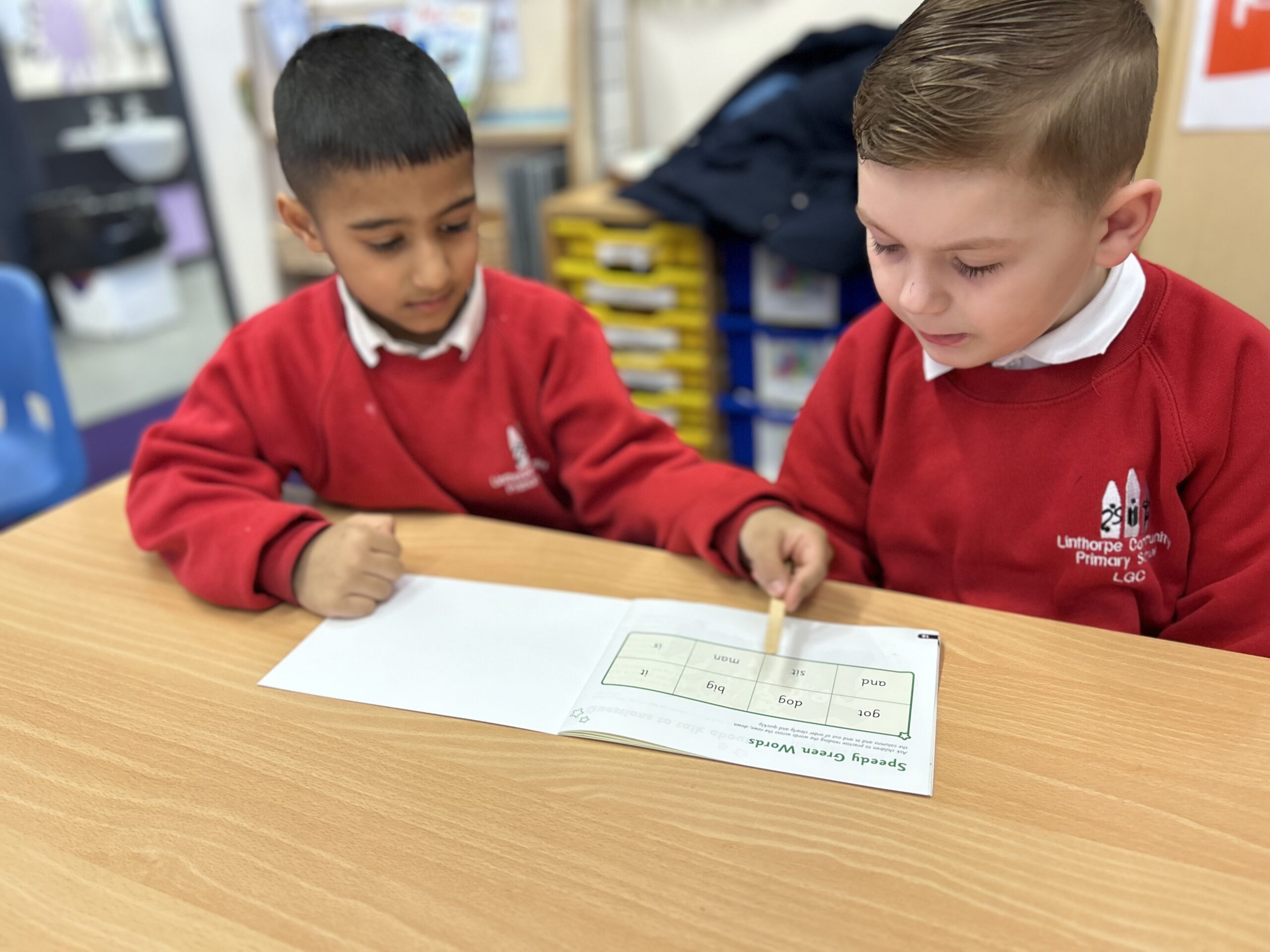
Delivery of lessons
- Set one sounds are taught in a specific order
- Children are taught the ‘pure’ sounds ie ‘mmmm’ and not ‘muh’ to enable blending
- Children are taught to orally blend using ‘Fred games’
- Children are taught to sound out and blend green words and then read them with greater fluency and speed.
- Red words (words that are often not decodable) are taught to be read on sight.
- Set 2 and set 3 sounds are taught once children are confident applying set 1 sounds to their reading.
Home Reading Books
When your child has learnt enough sounds and is ready to blend these sounds to make a word, they will take home a Speed Sound book. Progressing to reading sentences, your child will take home a Ditty sheet, that they will have practised that day in their phonics lesson.
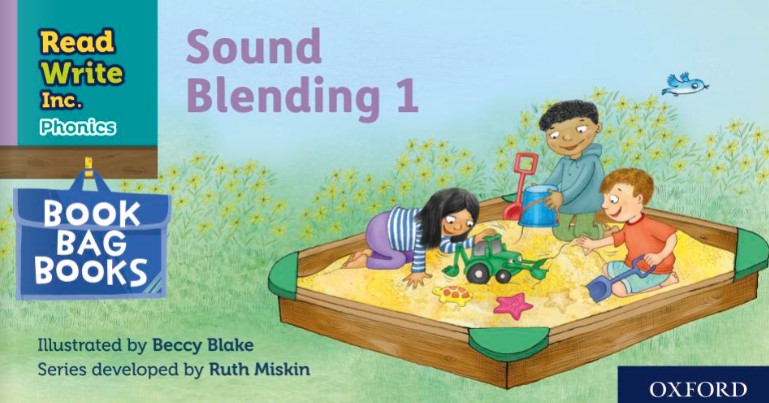
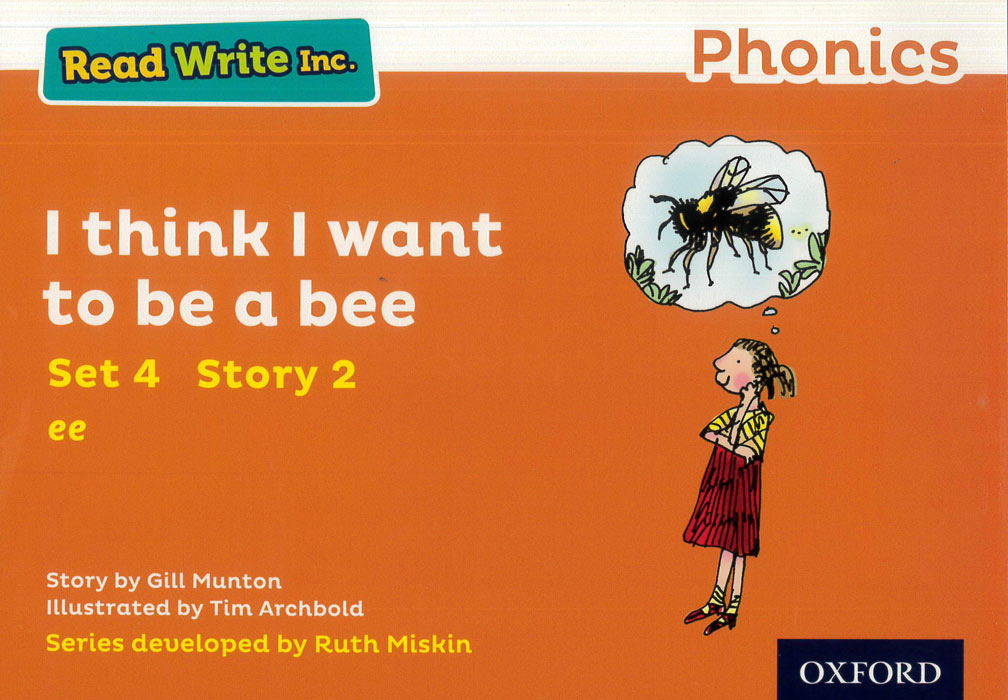
As your child’s fluency and phonetic understanding grows, they will move on to taking two books home; one Storybook that they have read in their phonics lesson and one Book Bag book. Both books should be fully de-codable for your child as they only include the sounds your child has learnt so far. These books will be changed every three days.
Alongside your child’s two phonics books, they will take home a reading for pleasure book. They choose this book for themselves from their class library and will love sharing it with you at home. As this book is not de-codable or in line with your child’s phonic understanding, they will need you to read and enjoy this book with them.

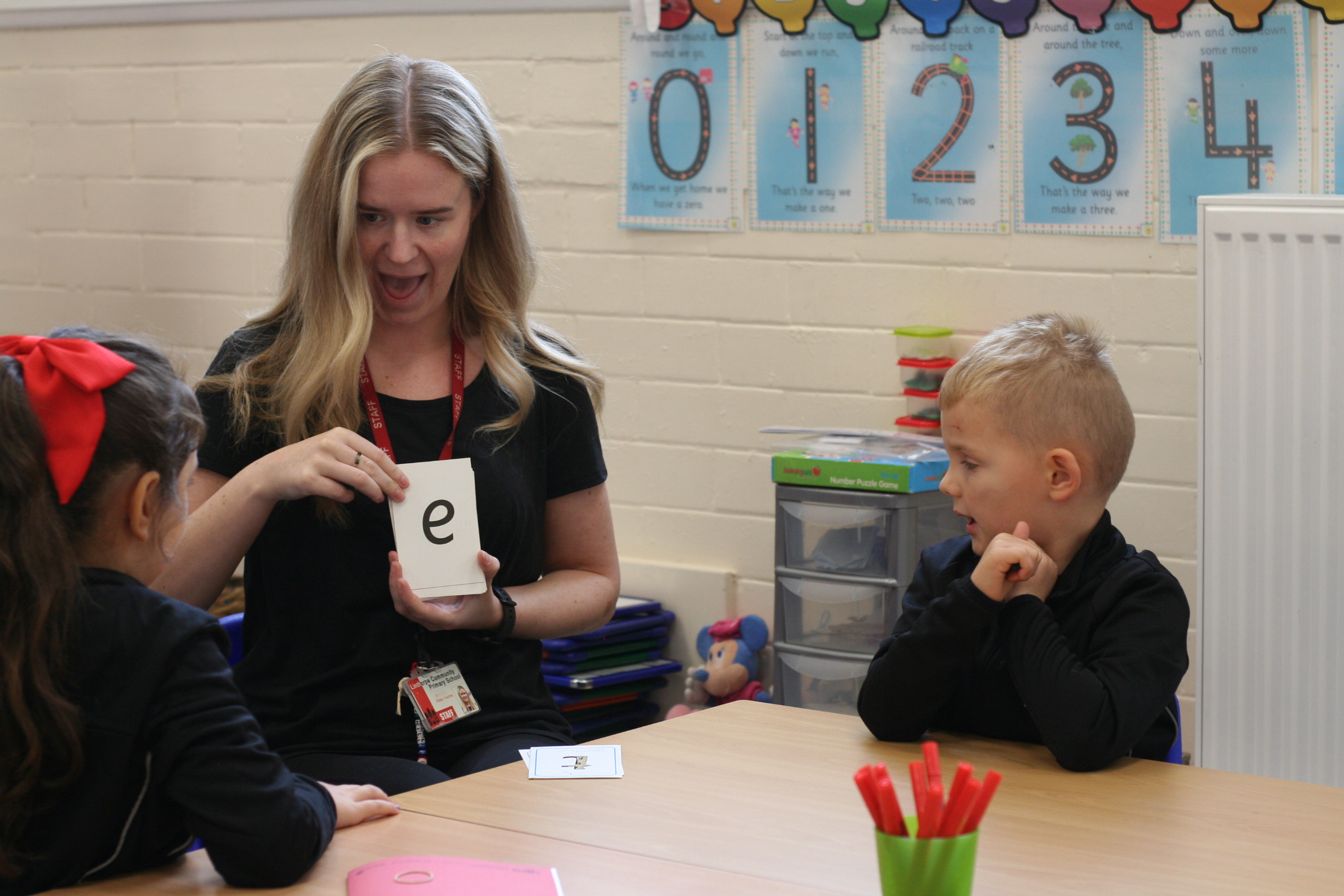
Assessment and Recording
Children are assessed throughout every lesson. Every time partner work is used the teacher assesses the progress of the children. The teacher assesses how children:
- Read the grapheme chart
- Read the green and red words
- Decode the ditty or story book
- Comprehend the text
‘Pinny time’ is used in EYFS and KS1 classes for those children that need frequent repetition of the sounds and graphemes. Children who are at risk of falling behind are identified quickly and given 1:1 or small group tutoring sessions.
An expert teaching team
To ensure consistent, high-quality teaching of phonics across our school, LCPS have a dedicated Early Reading and Phonics lead. The purpose of this role is to ensure absolute fidelity to the RWInc programme, thus making sure no child is left behind on their journey to becoming a reader.
To achieve good levels of progress in phonics, the Early Reading and Phonics lead provides weekly CPD for staff. This may be through team teaching, modelling phonics lessons or interventions, and leading staff workshops. Following the Read Write Inc model of Assess, Practice, Coach, our staff are confident and successful in their phonics teaching every day and, in turn, this means we have children who are confident and successful in their phonics and who see themselves as readers as a result.
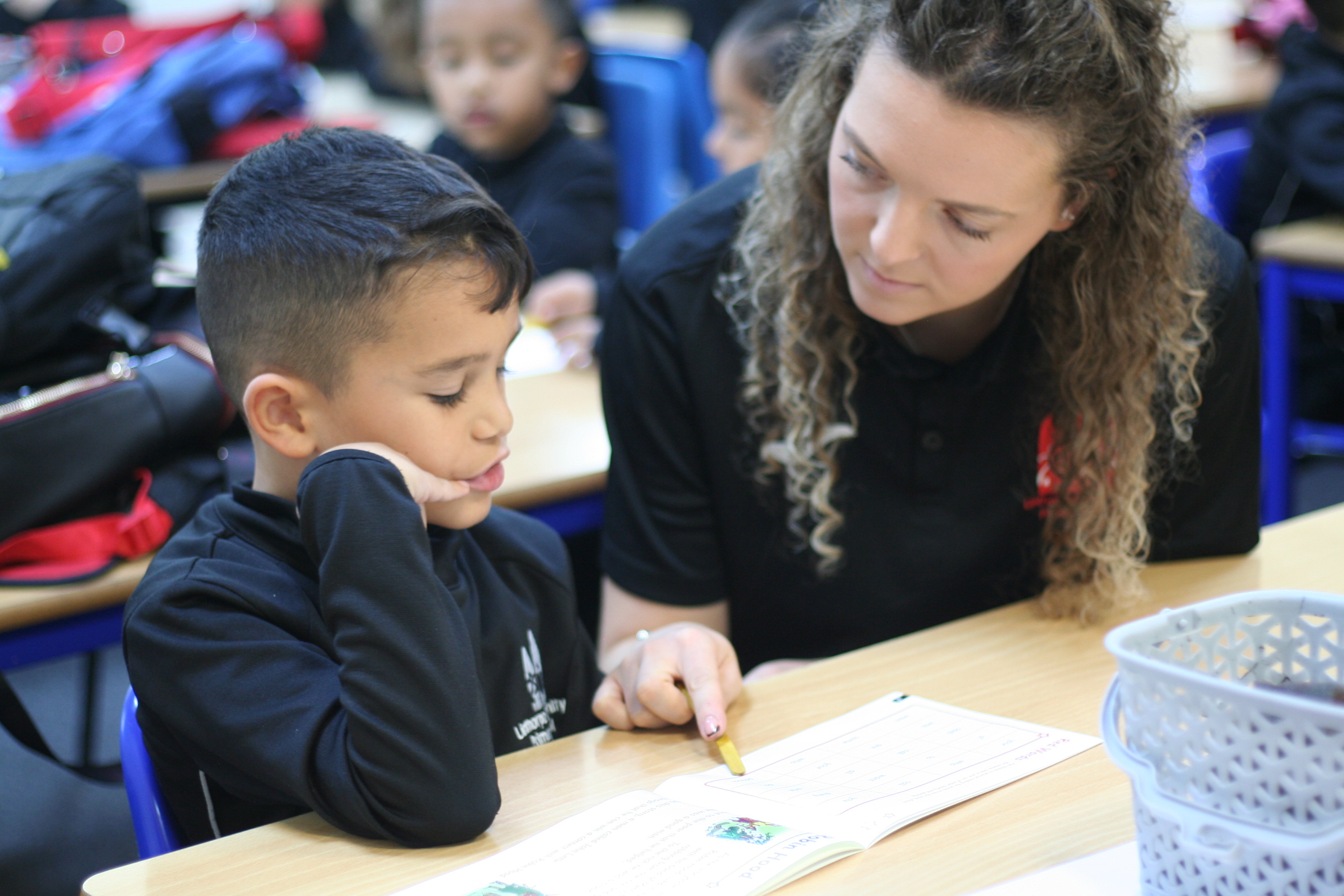
Learn at home
Watch the video and learn how to say each sound correctly.
Documents
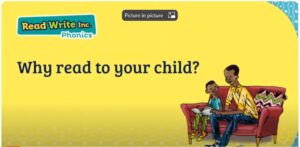
Why read to your child?
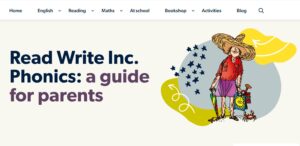
Read Write Inc
Parent Guide
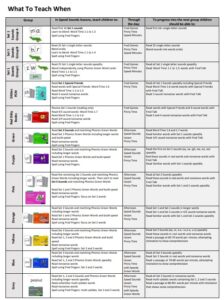
RWInc What to teach when

